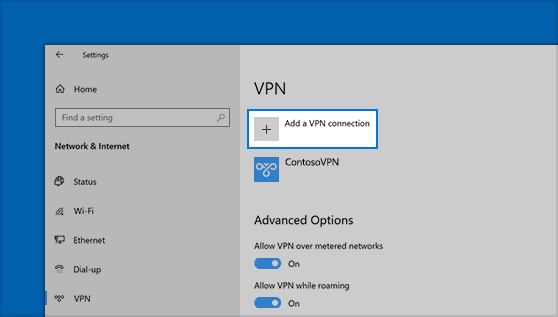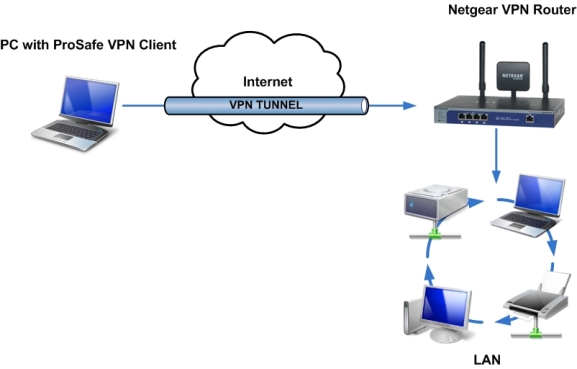A VPN connection is very important in today’s world. It helps people stay safe online. But what does VPN mean? It stands for Virtual Private Network. This article will explain what a VPN connection is and why it is useful.
Understanding VPN
A VPN connection creates a secure link. It connects your computer to another network. This network can be in another city or even another country. When you use a VPN, it hides your real location. It makes it look like you are somewhere else.

Why Use a VPN?
Many people use a VPN for several reasons:
- Privacy: A VPN keeps your online activities private.
- Security: It protects your data from hackers.
- Access: It allows you to visit websites that may be blocked.
- Safe Wi-Fi: It makes public Wi-Fi safer.
How Does a VPN Work?
A VPN works by creating a tunnel for your data. Here is how it happens:
- Your device connects to the VPN server.
- Your data is encrypted. This means it is turned into a code.
- The encrypted data travels through the internet.
- The VPN server decrypts the data and sends it to the website.
This process helps keep your information safe. It also makes it hard for anyone to see what you are doing online.
Benefits of Using a VPN
Using a VPN has many benefits:
1. Better Security
A VPN protects your information. It keeps hackers away. This is especially helpful when using public Wi-Fi. You can browse the internet without worrying.
2. Online Privacy
A VPN hides your IP address. Your IP address shows your location. When you use a VPN, no one can easily find you. This helps you stay anonymous online.
3. Access To Restricted Content
Some websites are blocked in certain countries. A VPN helps you access these sites. By changing your location, you can visit any website you want.
4. Save Money
Some online services change prices based on your location. A VPN can help you find better deals. For example, you might find cheaper flights or hotel rooms.
Types of VPNs
There are different types of VPNs:
- Remote Access VPN: This is for individual users. It connects your device to a remote server.
- Site-to-Site VPN: This connects two networks. It is often used by businesses.
- Mobile VPN: This is for mobile devices. It keeps your connection secure on the go.

Choosing the Right VPN
Choosing a VPN can be tricky. Here are some tips:
- Check Reviews: Look for user reviews online.
- Look for Features: See what features each VPN offers.
- Consider Price: Compare prices of different VPNs.
- Test the Service: Try free trials if available.
Setting Up a VPN Connection
Setting up a VPN is usually easy. Here are the steps:
- Choose a VPN provider and sign up.
- Download the VPN app on your device.
- Install the app and open it.
- Log in with your account information.
- Choose a server and connect.
Now you are connected to the VPN. You can start browsing safely!
Common VPN Myths
There are some myths about VPNs. Here are a few:
- Myth 1: VPNs are illegal. This is false. They are legal in most places.
- Myth 2: VPNs slow down your internet. This can happen, but many VPNs are fast.
- Myth 3: All VPNs are free. Some VPNs charge money for better services.
Frequently Asked Questions
What Is A Vpn Connection?
A VPN connection is a secure way to access the internet. It creates a private network over a public one.
How Does A Vpn Work?
A VPN works by encrypting your internet traffic. This means your data is protected from hackers and snoopers.
Why Should I Use A Vpn?
Using a VPN helps protect your online privacy. It hides your IP address and keeps your browsing safe.
Is A Vpn Safe To Use?
Yes, a VPN is generally safe to use. It adds a layer of security to your online activities.
Conclusion
In conclusion, a VPN connection is very useful. It provides privacy and security online. It helps you access blocked content and protects your data. Whether you are at home or using public Wi-Fi, a VPN keeps you safe. Think about using a VPN to protect your online activities.
